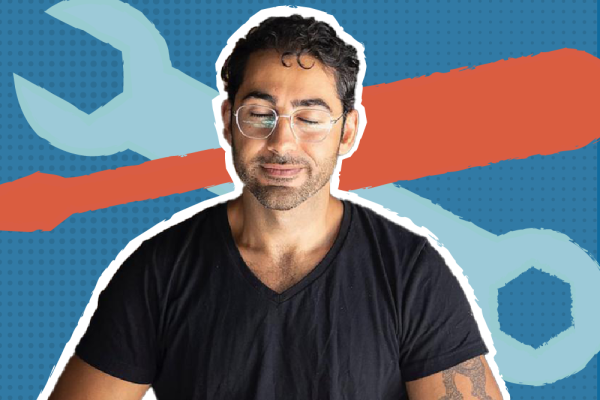Most would agree with the Nigerian-British singer-songwriter Sade that we don’t need any more war, but we are in desperate need of just a little peace. So, what do we do when it becomes clear that the people advocating for that peace are being thrown in prison or portrayed as “terrorists” who are interfering with the “peace process” in the Middle East due to their advocacy for Palestinian human rights?
Mohsen Mahdawi, who is a legal permanent resident in the U.S., was detained by Immigration and Customs Enforcement agents on April 14 as he exited his citizenship interview at a U.S. Citizenship and Immigration Services office in Vermont. President Donald Trump’s administration accused Mahdawi of potentially undermining the peace process in the Middle East. But despite this accusation, the government has not charged Mahdawi with a crime. Mahdawi was released from detention on April 30 after U.S. District Judge Geoffrey Crawford granted him bail, commenting that Mahdawi had “made substantial claims that his detention was in retaliation for his protected speech.”
Read the Full Article

